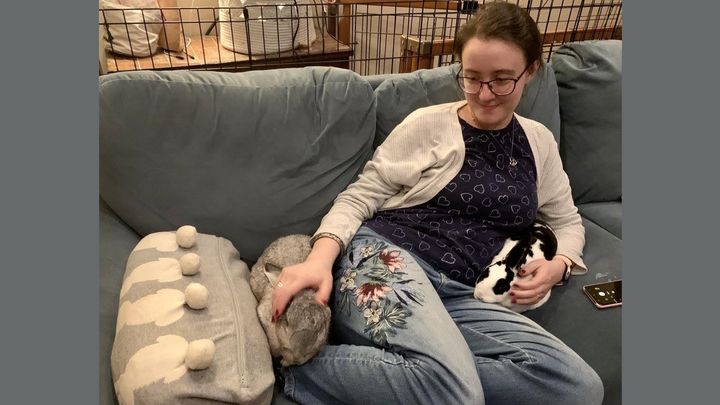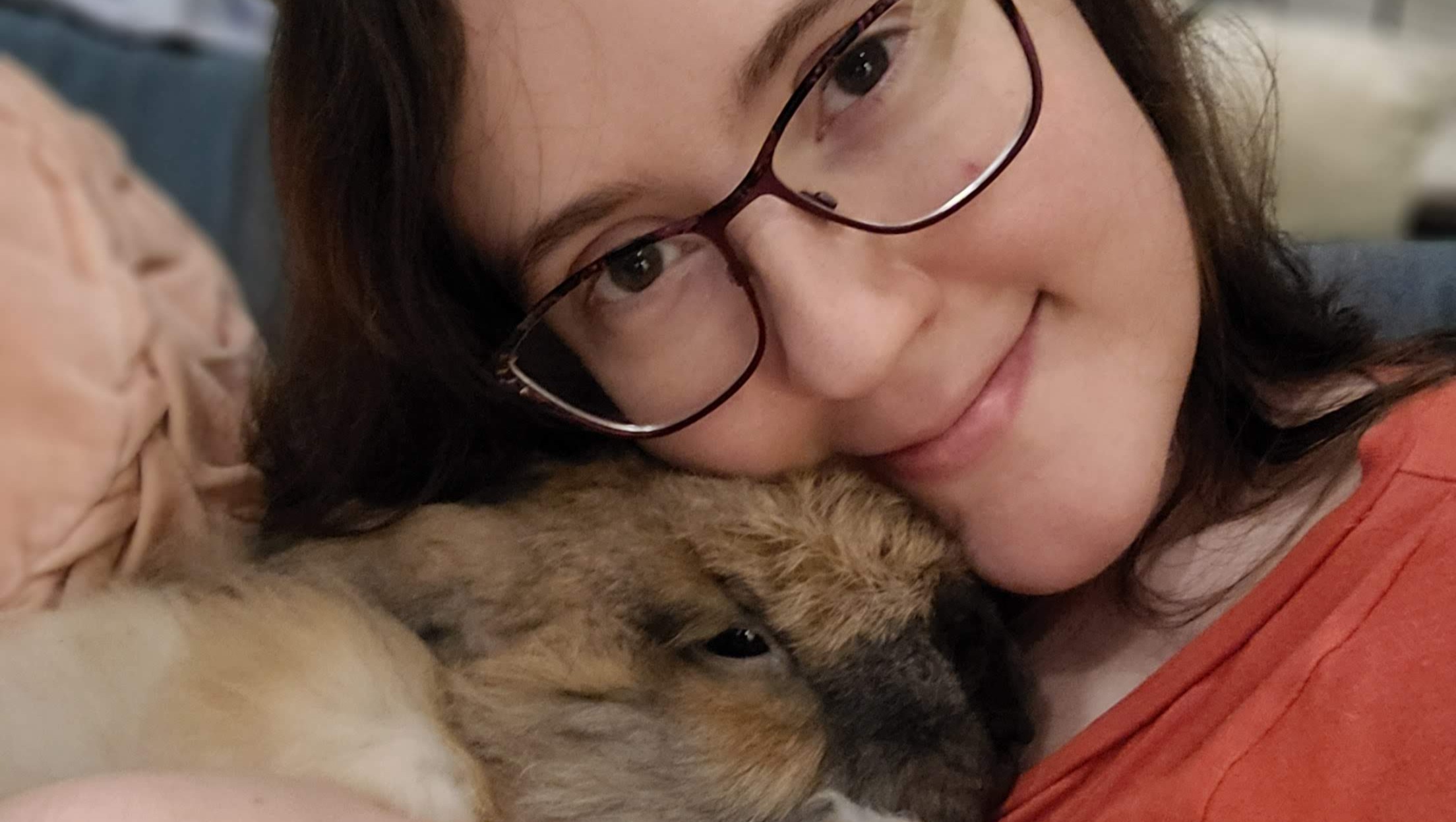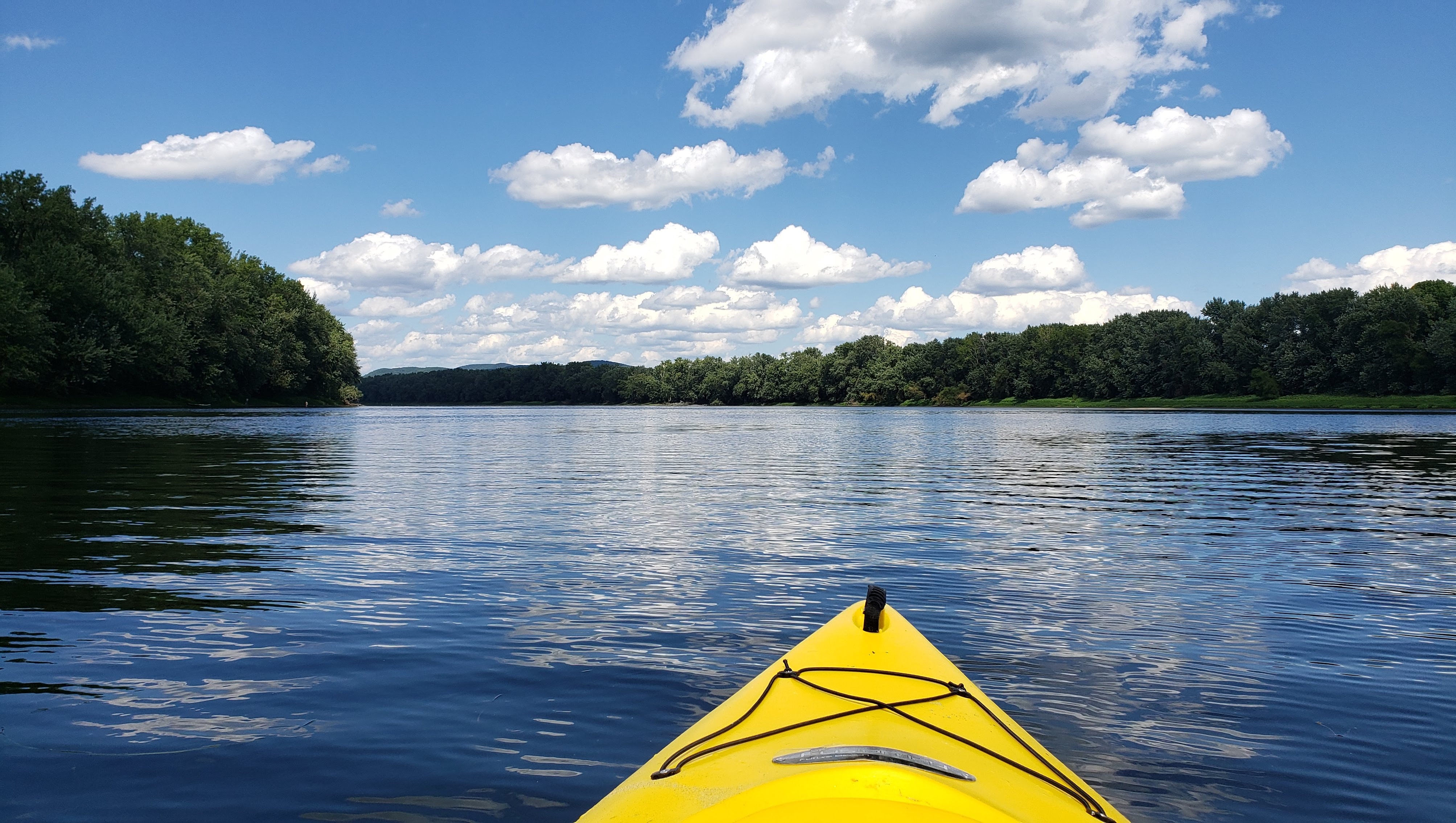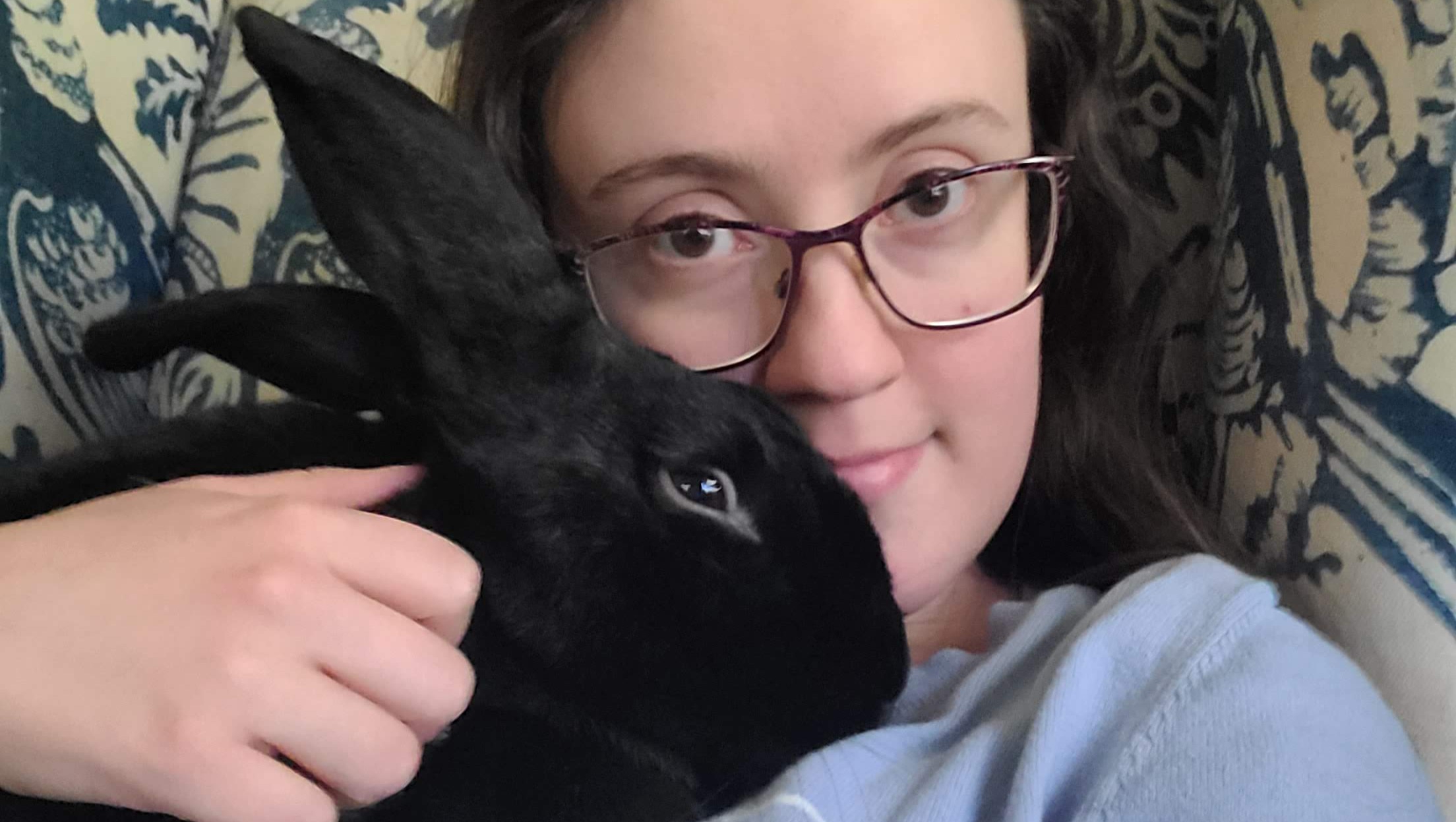
Help Jess recover from Long COVID & dysautonomia
Donation protected
For the past 14 months, I have been sick with Long COVID, a debilitating condition that has upended my life. During this time, I have been able to work very little, often being confined to bed. My spouse works full-time from home and helps to care for me, taking on most of the household tasks I did for years. Finances have become extremely tight, we have spent our savings, and soon we will be unable to continue paying bills to meet our most basic needs. I have begun the process of applying for SSDI disability benefits, but the timeline is likely lengthy and there is no guarantee that this will be approved. We need help urgently to be able to pay our mortgage, buy groceries, and pay our utility bills, car payments, and medical bills.
I have set the goal at an amount that would cover our mortgage for six months, allowing us to pay down our bills and afford groceries and other necessities while waiting for the SSDI to hopefully come through. But any amount would still help us to afford groceries and daily living expenses.
--
My Story:

Photo: Snuggling with MJ while sick with COVID in the fall of 2022.
Last September, I caught COVID-19. I had been taking every precaution I knew, including receiving vaccinations and continuing to mask in public, but at the end of that month, I became sick and tested positive for the virus. It was a miserable illness, but thankfully I was able to stick it out at home. For nearly three full weeks, I continued to test positive. I was out of work and school during those weeks, and by the time I was testing negative in mid-October, I was excited to be able to return to life, starting with going back to work. I spent the whole weekend working at my local bookstore, but on Monday morning, I was unable to get out of bed. I was in so much pain, and I felt fatigue unlike any I had ever known before. Beyond exhaustion from stress, exercise, or previous illnesses, this was a feeling like every cell in my body was completely drained of energy. My heart felt strange in my chest, and just sitting up in bed made my heart pound and my sense of balance spin.
After a few weeks of these and other, seemingly multiplying symptoms, I went to see my doctor. She diagnosed me with a post-COVID syndrome, which later, after continued weeks and months of no improvement and some worsening symptoms, became Long COVID. Because of my extreme fatigue and brain fog, I had to withdraw from my semester at graduate school and significantly reduce my working hours, with stretches of weeks and months when I have been unable to work at all.
My doctor referred me to a specialized clinic in Boston, where, at my first appointment in March, I was also told that my condition is classified as "dysautonomia," meaning the dysfunction of my body's autonomic nervous system. To help me understand what was going in my body, the doctor said, using an analogy of a computer, "Your hardware is fine, but the software is broken." The treatment was to rest and give my body time, and hopefully I would recover. Eager to have a timeline to help plan a return to my active life, I asked if the doctors thought I would be able to go back to school for the fall, or even the following spring, semester. The silence in response to this question was unnerving. The doctors were unable to give me a prognosis for recovery. I went home with little more than vague hope.
Any and every organ system can be impacted, which explains why patients can experience more than 200 symptoms. I have experienced many, including tachycardia and dysrhythmia; rashes and hair loss; inflammation, swelling, and flushing; worsening hives; digestive issues; body temperature regulation abnormalities; loss of or changes in sensory functions like smell, taste, sight, and hearing; vocal changes; breathing problems; neuropathy; postural intolerance; tremor; presyncope; fatigue; post-exertional malaise; memory and concentration problems; sensory sensitivity and overload; worsening and more frequent migraines; widespread physical pain; and more. While no one yet has the definitive explanation for Long COVID and the exact mechanisms of this illness and its incredibly exhaustive list of symptoms, or a solid treatment path for this complex post-viral disease, it is a recognized illness and an official ADA disability.
In the past year, I have tried many different treatments to help with the symptoms of Long COVID, from supplements supported by clinical research and prescription medications to physical therapy and mental health counseling. Waiting lists to see specialists have been months long, and at times even over a year. Some local specialists will not work with Long COVID patients, so I have had and will continue to need to travel two hours away for a single appointment. In the meantime, when my brain fog is not as bad, I try to read medical research studies about Long COVID, searching for any information that might make a difference. Though he works full-time already, I need help from my husband to take care of myself daily, and my mother visits when she can to provide additional support.
These ongoing medical costs have added up, and with my inability to work a regular schedule, my income is the lowest it has ever been. Finances are a constant concern. Our savings are gone, including the money I had set aside to return to school again.
Fast forward to now, over a year after I first tested positive for COVID-19. While some of my symptoms have improved, for the most part, my day-to-day life is still frustratingly unpredictable. Because I do not know how bad my symptoms will be on any given day or even hour to hour, it is very hard to make plans. My ability to work is very limited; working more than one or two hours in a day can exacerbate my symptoms so that for the following days I need to rest and cannot do much more than sit up in bed to work on creative projects or get up to take care of my beloved bunnies or attend to my most basic needs. I am unable to stand for more than a few minutes without experiencing an elevated heart rate and presyncope. Often, I need to lay down in a quiet and dark room, trying to sleep or listening to audiobooks for hours at a time with my eyes closed.
I grieve for my life. I did not realize just how much I was capable of until I lost the ability to do nearly everything all at once. Now, I see how much I was doing, both toward my long-term goals and just living my everyday life. Before I caught COVID, I had been studying to become a psychotherapist as a full-time graduate student in a mental health counseling program. I was working part-time on a regular schedule in a job I love at a local independent bookstore. I had helped to start a nonprofit rabbit rescue and was caring for my own rabbits as well as foster bunnies. I could organize multiple-day, many-hour rabbit rescues, cutting my way through brambles, crawling beneath decks and under RVs and boats, and running through neighborhoods to save the lives of abandoned domestic bunnies. I had a growing and extensive vegetable, herb, and flower garden at home that I loved tending, even on 95-degree summer days. Multiple times I week I would cook from scratch, and I had hosted a holiday dinner for six with ease. I loved to go hiking and kayaking with family and friends or by myself, and I was proud that I could take my yellow kayak (affectionately named Banana Sunshine) to local rivers and ponds and back home without any assistance. I cleaned my house, tended my property, tried new things, and followed my passions and my goals.

Photo: A solo trip I took on the CT River in my kayak before I became sick was one of the best days of my life.
I could take care of my home, my bunnies, myself, and others in a way that I took for granted. I grieve for those days and that ease so much more than I would have ever understood was possible. I feel so removed from my own life that I look back on the person who I was and sometimes think of that version of myself as “her,” as though I have become a completely separate person. This illness is debilitating, devastating, isolating, lonely, and at times I have called it a "living death." While I still have much that I am grateful for, I want so much more than what I have been left with. To have the desire to live and do so much without the ability to do much of anything is a unique form of suffering that no one should have to experience.

Photo: I am deeply grateful to be able to cuddle my bunnies, like Marty here, each day. They help me to keep going.
I want to be able to go to work again. I want to be able to shower every day, or even every other day. I want to enjoy sitting outside in the sun, to do yoga, to express myself vividly and with animation, without feeling pain, sensory overload, vertigo, and the other symptoms that appear as a result of just trying to move my body. I want to be able to stand and stay standing, I want to be able to sit and stay sitting, I want to be able to get up and clean my house and tend to the space around me. I want to cook a meal for my spouse. I want to feel like myself again, instead of feeling like the woman I remember is someone else. I want to be able to read more than a few pages of a book at a time. I want to finish my degree. I want to have a day without pain. I want all of this to be a distant memory.
If you have read this far, thank you for listening to my story. It is very humbling to reach a point of needing to ask for so much help. If you are able to give anything to help us make it through this incredibly difficult time, we will be deeply grateful to you, no matter the amount.
Organizer
Jessica Riel
Organizer
Mount Tom, MA